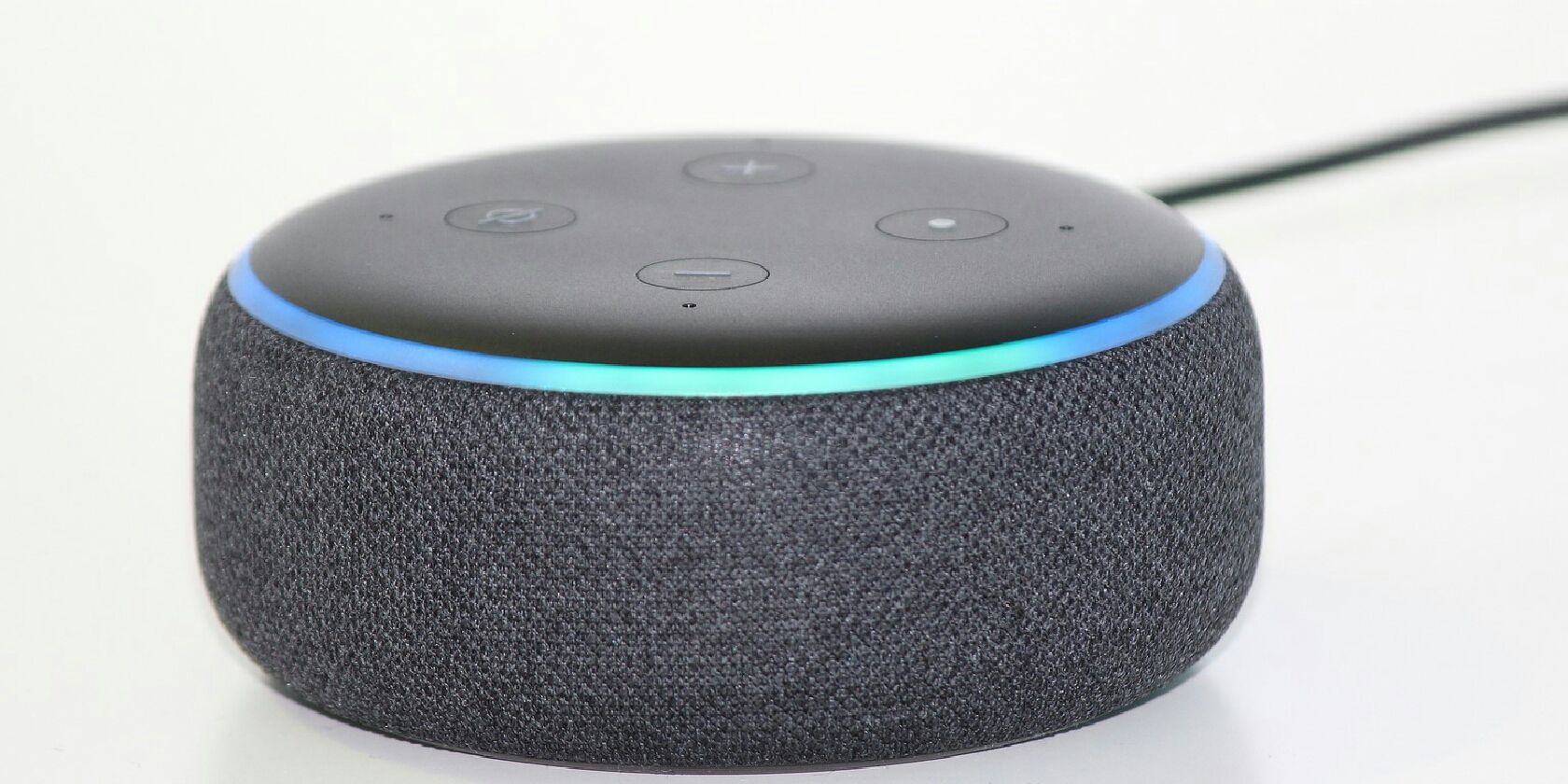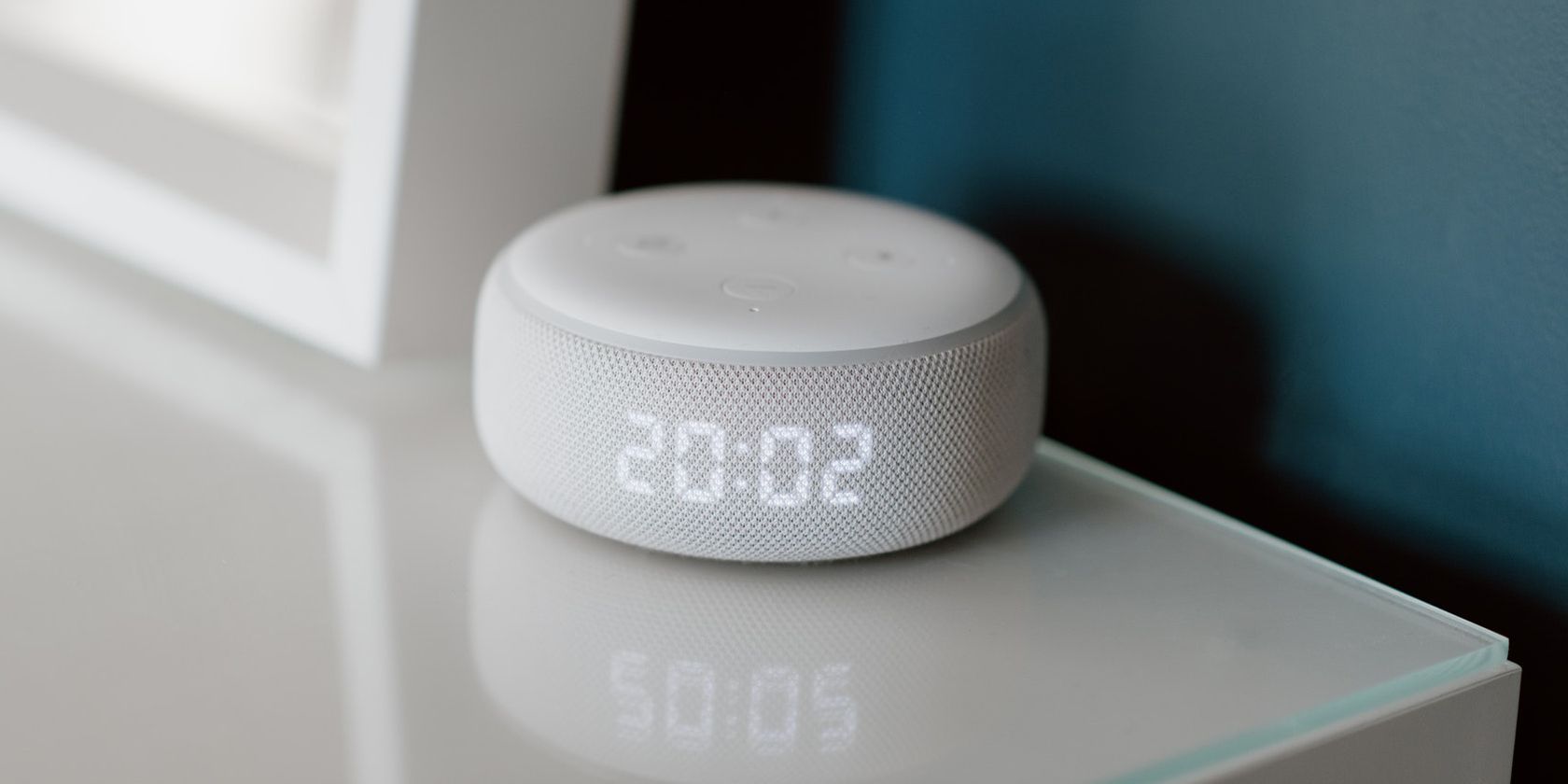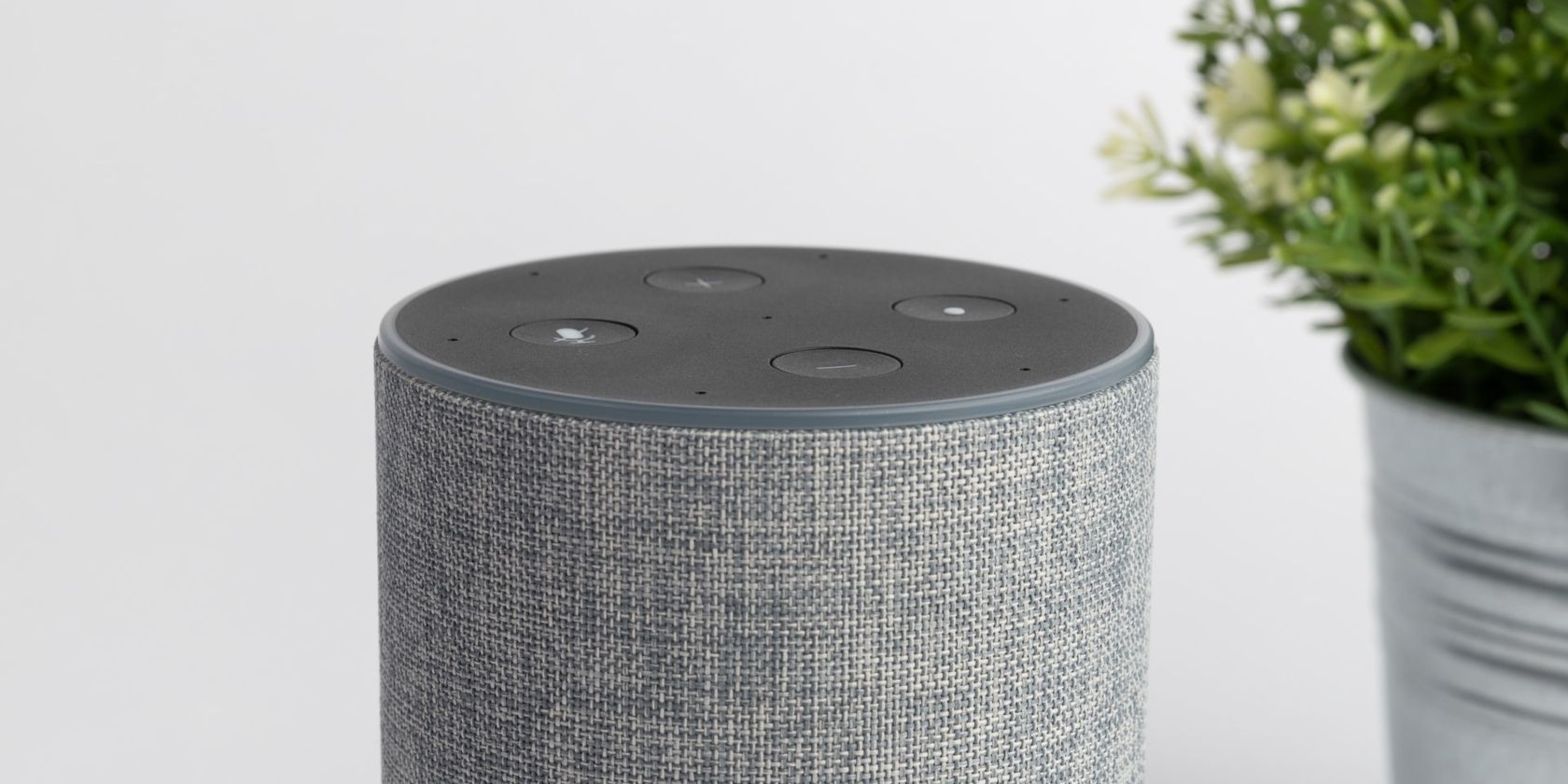Smart assistants have become increasingly popular in recent years. If you have a smart home, they can provide voice-activated control for many of your devices. And even if you don't, you can still use them to answer just about any question.
For all the benefits of smart assistants, however, not everybody is a fan. If you want a smart device to answer questions, it needs to be able to listen—and this has lead to questions about privacy.
Another question that security-conscious people ask about smart assistants is whether or not someone can hack them. Keep reading to find out the answer to this.
Can Smart Assistants Be Hacked?
All virtual assistants are equipped with security features such as password protection. Unfortunately, hacking is still possible. And with millions of these devices now installed in people's homes, they are attractive targets—and you must take steps to protect yourself.
Security experts have also demonstrated that, with the right tools, attackers can gain access to a smart assistant without even being in the same building as it.
How Can a Smart Assistant Be Hacked?
A smart assistant can often be controlled by anybody who speaks to it. The owners of such devices are usually happy with this because the human voice only goes so far. And if somebody asks their device to do something, they will be able to hear the request.
Unfortunately, hackers have other ideas. Rather than trying to control smart devices by speaking to them, they can use lasers or ultrasonic waves. And either of these tools can be used to issue voice commands both silently and from a distance.
The most effective way to hack a smart assistant is to use ultrasonic waves. Ultrasonic waves are silent, so you could be sitting right next to the device and not know that a hack is occurring. They can also travel through physical obstacles, meaning they can be transmitted from outside a person's home. Smart assistants cannot tell the difference between ultrasonic waves and legitimate voice commands.
A laser can also be used to issue commands to a smart assistant by being pointed directly at its microphone. The laser will cause small movements in the microphone's diaphragm. And the virtual assistant will interpret this movement as sound.
Scientists have shown that this attack can be carried out from over 110 meters away. Hackers can also use ultraviolet lasers, which are invisible to the human eye.
You might be wondering about responses. Regardless of what is used to issue a command, a smart assistant will obviously respond with audio.
Unfortunately, hackers get around this easily. Their first command is to simply turn down the volume.
What Can a Hacker Do With a Smart Assistant?
The threat posed by hackers depends on what the device is connected to.
If your assistant is connected to a security system, a hacker could theoretically use the device to gain access to your home. It's worth noting that many smart locks ask you to provide a PIN specifically to avoid this scenario.
If your assistant is connected to your car, then it could be used to unlock or even start it. And if your assistant has your payment details, then it could be used to make online purchases.
Some smart assistants also allow you to download apps using voice commands. A hacker could therefore download a malicious app that may enable them to steal personal information and/or spy on you.
How to Protect a Smart Assistant From Hackers
Protecting a smart assistant from hackers isn't difficult. It may, however, make your device less useful.
Here are a few easy ways to secure your device and to reduce the potential damage should a hacker gain access.
Hide the Microphone
In order to control a device with a laser, the attacker needs a line of sight. Laser-based attacks can therefore be prevented by keeping your device away from windows.
Turn Off the Microphone
Turning off the microphone isn't always practical but consider doing so when you are not at home. That way, nobody can hack into your system while you're out.
Activate Voice Recognition
Some smart assistants are equipped with voice recognition. If available, program your device to only respond to your voice. This has the added benefit of also protecting your device from guests in your home.
Don't Connect to All Devices
Smart assistants are ideal for controlling things like lights and thermostats. However, you might want to reconsider connecting them to important security devices or cars.
Only connect to devices you absolutely need to use your smart assistant for, and preferably those that pose less of a security threat if a hack happens.
Add Secondary Authentications
If you want to connect something important to your smart assistant, add additional requirements for controlling them. For example, if you want your smart assistant to be able to unlock a door, set up the lock so that it also requests a PIN from your phone.
Avoid Sharing Personal Information
Try to avoid providing any personal information to your smart assistant. This data can potentially be accessed by hackers or even by guests in your home.
Turn Off Payments
Many smart assistants can be used to make online purchases and payments. However, your device might not be able to protect you if someone else tries to make a payment using it. The easiest solution to this problem is to use a more secure channel to complete purchases instead.
Secure Your Wi-Fi
Every time you add a smart device to your home, it becomes even more important to secure your Wi-Fi network. Your smart assistant should be using a WPA2 connection with a strong password.
Are Custom Smart Assistants More Secure?
If you're worried about somebody hacking your smart assistant, one potential solution might be to build your own. Any smart assistant with a microphone can potentially be hacked, but custom versions do have security advantages.
A custom smart assistant can be designed to look like a regular speaker. They can also be coded with custom voice commands that a potential hacker wouldn't know.
Custom smart assistants are also useful for privacy purposes as they allow you to decide exactly where your information is stored and who it is potentially shared with.
Should You Avoid Smart Assistants?
Smart assistants can be hacked, and this is a threat that anyone interested in such devices should be aware of. But the good news is that these hacks are very rare, and the vast majority of users aren't going to encounter one.
Unlike having a computer or phone hacked, the potential damage can also be minimized. As long as you are aware of the threat and take steps to mitigate it, there's very little risk if you own a smart assistant.



